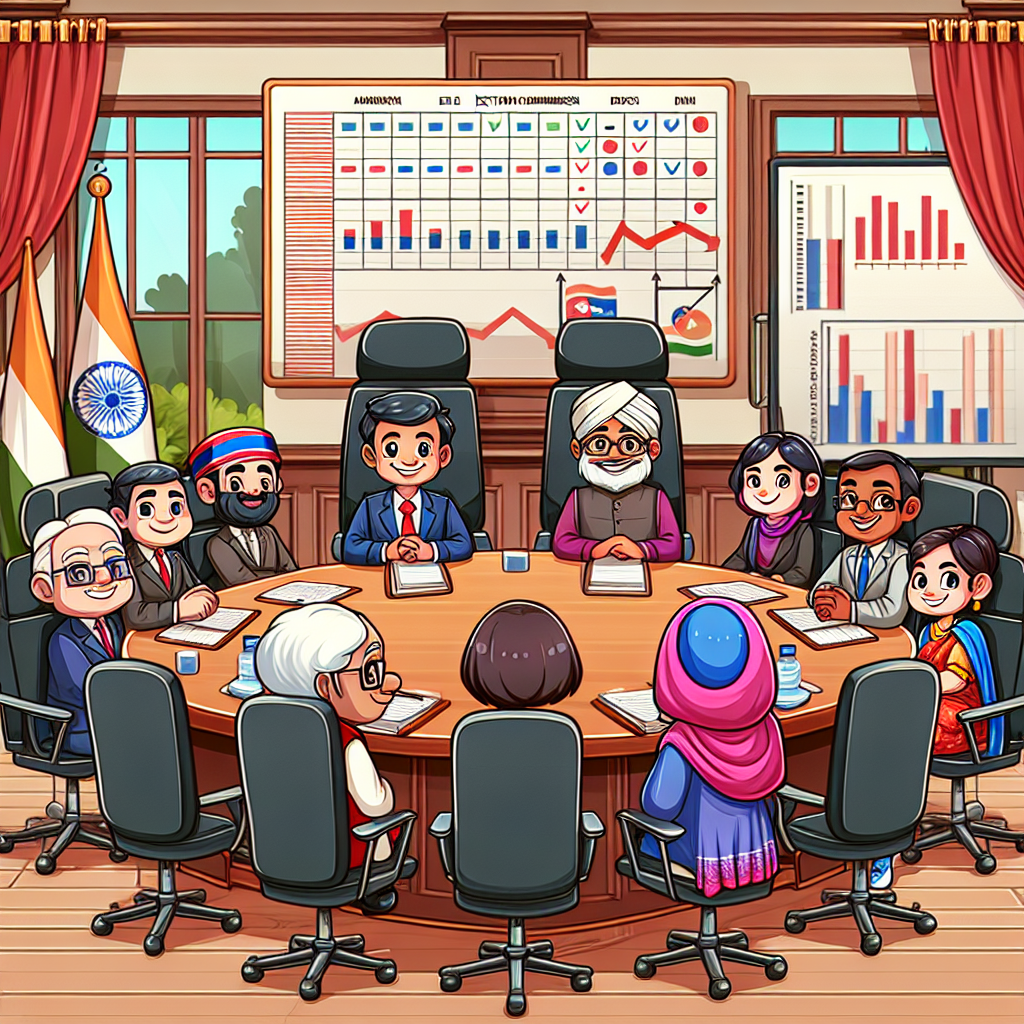Japan's Political Crossroads: Lower House Election Outcome Could Shift Power
Japan's tightly contested upper house election poses a threat to Prime Minister Shigeru Ishiba's leadership, with rising prices and immigration concerns in focus. The LDP's grip on power hangs in the balance, impacting investor confidence and trade talks with the U.S. Results could lead to political upheaval.

- Country:
- Japan
Japanese voters head to the polls in a crucial upper house election on Sunday, with Prime Minister Shigeru Ishiba's position hanging in the balance amid concerns over rising prices and immigration. Opinion polls indicate that Ishiba's party may struggle to retain control, which could have significant political repercussions.
Smaller opposition parties are gaining traction, advocating for tax cuts and increased public spending. Among these is the right-wing Sanseito, which opposes immigration and foreign investments. A weak performance by Ishiba's coalition could undermine investor confidence and affect ongoing trade discussions with the United States, according to analysts.
Following the election, Japan faces an August 1st deadline to finalize a trade deal with the U.S. or face tariff penalties. The outcome of the election may force Ishiba to concede to opposition demands or risk losing leadership, making the results critical for Japan's political and economic future.
(With inputs from agencies.)
ALSO READ
Political Turmoil in Kerala: Calls for Health Minister's Resignation Escalate
Public Outrage or Judicial Distrust? Unraveling Bangladesh's Political Turmoil
Political Turmoil: AAP MLA Chaitar Vasava Arrested in Gujarat for Attempted Murder
Political Turmoil Erupts: AAP MLA Chaitar Vasava Arrested Amidst Controversy
Trump Defends Bolsonaro Amid Brazil's Political Turmoil










